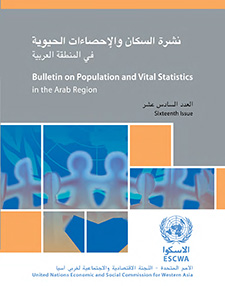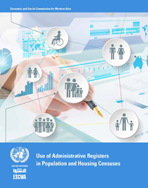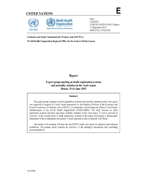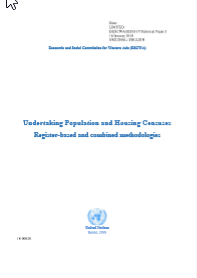ESCWA, in cooperation with the United Nations Population Fund and the Arab Institute for Training and Research in Statistics, is organizing a training workshop on demographic methods for assessing the quality and completeness of civil registration data and their uses.
Vital statistics are essential for understanding population dynamics, informing government planning and monitoring progress towards the Sustainable Development Goals. They require a well-functioning civil registration system in terms of completeness, accuracy, availability and timeliness. Civil registrations systems face several challenges, especially in countries that suffer from humanitarian crises and instability. This results in considerable disparity in the completeness and quality of vital statistics, thus impacting the capacity of some Arab countries to produce reports.
ESCWA and partners have developed a regional strategic framework to enhance civil registration and vital statistics systems (CRVS) in the Arab region for the period 2021-2025. The framework aims to improve and update civil registration systems in line with CRVS priorities in each country.



